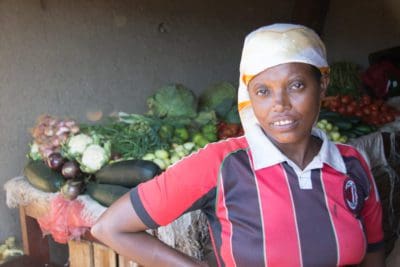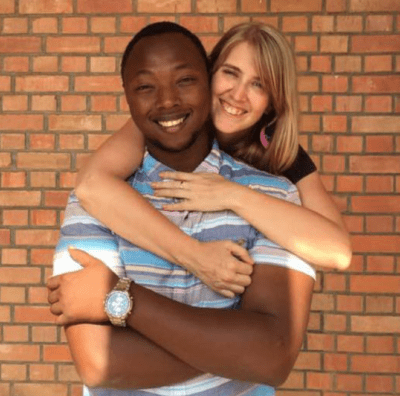“Break My Heart for What Breaks Yours”
I remember singing along at a Hillsong United concert and praying that prayer as a young follower of Christ. Not long after praying that prayer I joined Word Made Flesh in Kolkata, India. Back then, as a girl fresh out of university, I was eager to see people the way God sees them. I wanted my eyes to be open to this broken world and not only focused on the bubble I had lived in.
But why do we celebrate brokenness? We celebrate brokenness as our responsibility to the poor.
God’s heart was broken when Jesus died.
Jesus’ body was broken when he died.
Yet in their brokenness we are made whole.
That sounds like a reason to celebrate to me.
We are called to live as Jesus lived, if He was broken we too will be broken. How do we break our hearts for what breaks His?
Let’s first ask—what breaks God’s heart?
Sin; and sin needs to break our hearts as well. We can’t sit back in this broken world and not let our spirits be broken and crushed over sin.
Sometimes we are the ones who have sinned, and when that’s the case, we must let it lead us to a spiritual brokenness, which then leads us to repentance. When we take communion we break bread to remember Jesus’ broken body, the broken body that brought us salvation though we were still sinners.
Sometimes it’s the sin of the world that breaks our hearts. When we repent of our own personal sins, God uses us in ways we could have never dreamed or imagined. He leads us to places and people that are broken so that we can share the good news of salvation for the broken.
Secondly —
What does brokenness look like in your community?

A woman who owns a small produce market during a visit from WMF Rwanda staff.
I currently serve with WMF in Rwanda. We serve in Kangondo, a community that has a reputation for being called the “toilet” of Kigali city. It is surrounded by expensive neighborhoods, and the government plans to tear down Kangondo in the next year or two for its city development plans. In addition to this coming displacement, we see brokenness in education, finances, malnutrition, and lack of health insurance to treat minor illnesses which then turn into serious diseases. Not having money also causes husbands to go look for money elsewhere, usually resulting in finding another wife. Sometimes this sort of brokenness can be hard for an outsider to relate to, and it’s hard to know how to help. We do our best to educate, reminding the women here of their value and worth, and show them the resources God has given them, that He hasn’t forgotten them.
But another common area of brokenness among the women with whom we work is loneliness, or lack of community. Loneliness is something most of us can relate to. Many of the women’s testimonies include feeling lonely before joining our community in Kangondo and how being in community changed them and gave them hope again.
Lastly we ask,
How do we help and serve in a broken community?
I personally get caught up in how am I helping this broken world? What can I do to take my friends’ brokenness away? But that’s not my job. I can’t do that. I can however let God break my heart and give me empathy towards my friends. I can love them and be in community with them. I can remind them that they are not alone.
In From Brokenness to Community, Jean Vanier says,
“To be in communion with someone also means to walk with them. Those of you who have had the privilege of accompanying people in distress and inner pain know that it is not easy to walk with them, without having any answers to their problems or solutions for their pain. For many people in pain there is no solution; for a mother who has just lost her child or for a woman who has just been abandoned by her husband, there is no answer, there is just the pain. What they need is a friend willing to walk with them in all that pain.”
That’s how we celebrate brokenness, by choosing to be in community with other broken people. We walk with them, we laugh with them, we cry with them, we remind them they are not alone, and we too are reminded that we are not alone.
Break my heart for what breaks yours, God; when our eyes are open and our hearts are broken, there is no turning back. We each become activists, advocates, and friends to the outcast. Then we no longer see our friends as broken and rejected outcasts like the world see them. We see them as our beloved community.
 ABOUT ANNIE
ABOUT ANNIE
Annie Jones is the Short Term Programs Coordinator for Word Made Flesh Rwanda. She is married to Claudien Niyigena and they are expecting their first child, Chloe, this May.
Connect with Annie: annie.jones@wordmadeflesh.org
